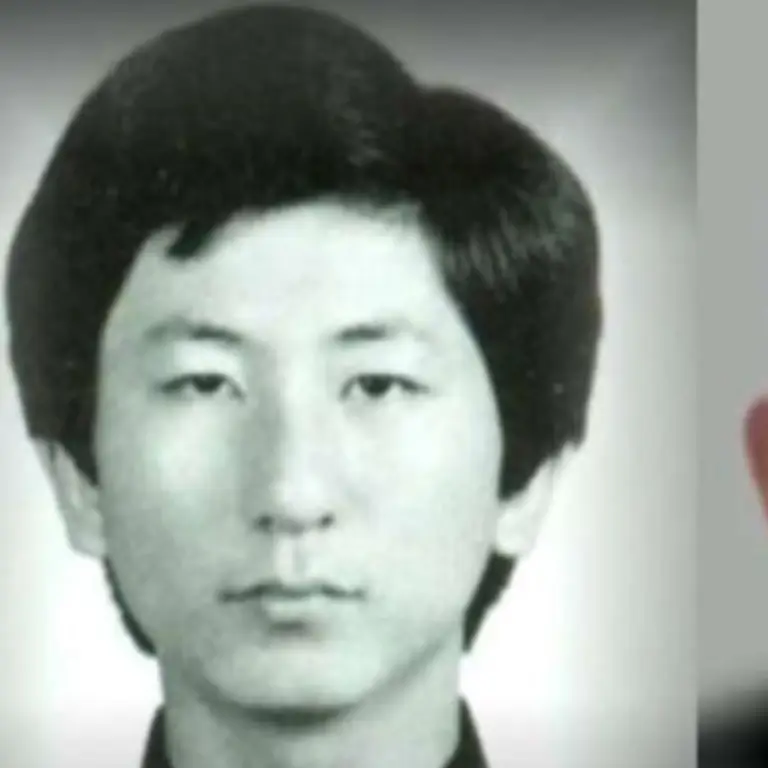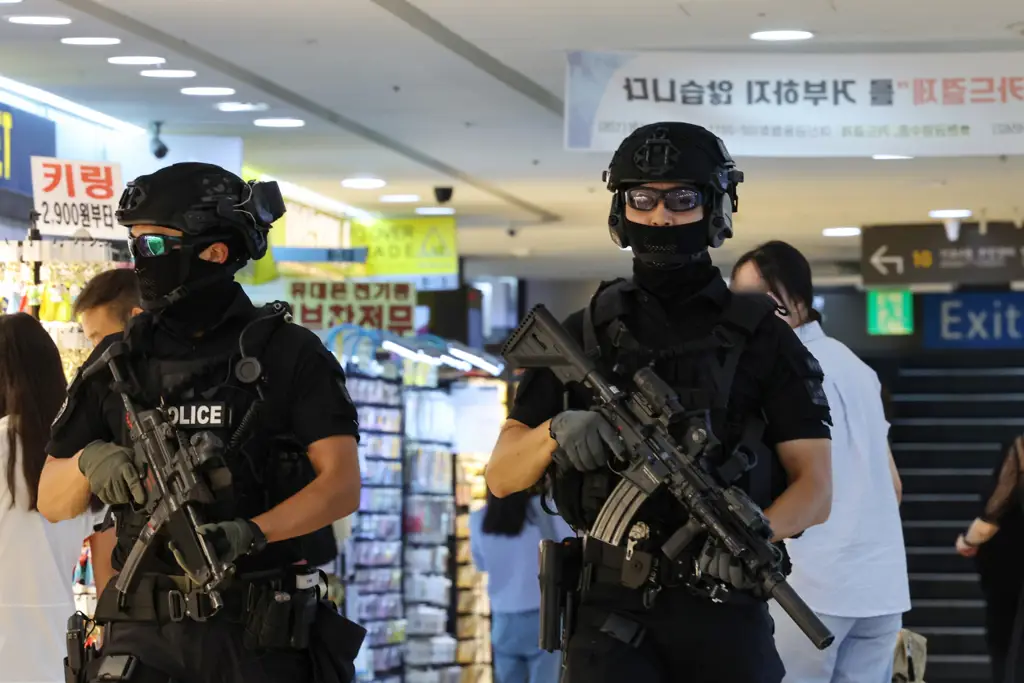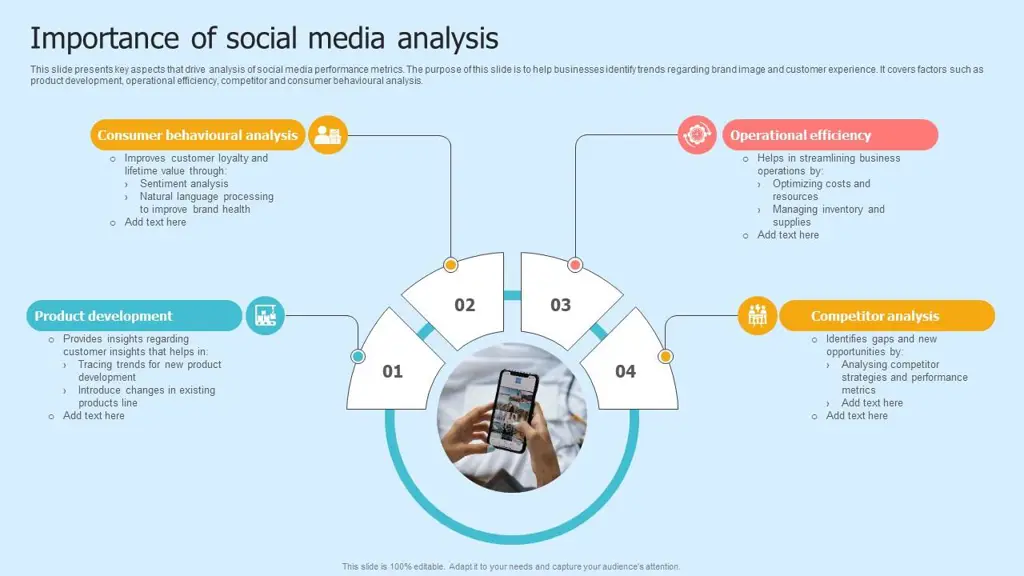Lee Choon Jae, a name that may still be unfamiliar to most Indonesians, holds a dark and terrifying story within the history of South Korean crime. This man is no ordinary figure, but a serial killer whose brutality shocked the nation. His revealed and unrevealed cases continue to be a topic of discussion, even to this day. This article will delve into the depths of Lee Choon Jae, from his horrific crimes to their impact on the South Korean legal system.
Who exactly is Lee Choon Jae? How was he able to commit such sadistic and cruel crimes? What was the motive behind his actions? And how did his arrest and trial proceed? These questions will be answered in detail in this article, which will provide a complete picture of Lee Choon Jae and his impact on South Korean society.
Lee Choon Jae is not just an ordinary serial killer. He is a symbol of the failure of the legal system to detect and prevent repeated crimes. His case serves as a valuable lesson for law enforcement around the world, including Indonesia, to enhance vigilance and ability in handling complex criminal cases involving cunning perpetrators.
The Lee Choon Jae case also highlights the importance of collaboration between law enforcement agencies in uncovering crimes. Without effective and integrated cooperation, it is difficult for authorities to uncover crimes involving perpetrators skilled in covering their tracks. Therefore, thorough and meticulous investigation is essential in every criminal case, no matter how small.
Furthermore, the Lee Choon Jae case raises the important issue of witness and victim protection. Victims and witnesses often experience profound trauma as a result of the crimes they have experienced. Therefore, adequate protection and support are necessary to ensure their safety and well-being.
Lee Choon Jae's Crimes
Lee Choon Jae is known for his extraordinary cruelty. He not only killed his victims, but also treated them in a brutal and inhumane manner. His victims were mostly young women, who were then killed in extremely cruel ways. The gruesome details of his crimes are often avoided in the media due to their disturbing nature.
For years, Lee Choon Jae managed to evade arrest. He was very cunning and skilled in covering his tracks. However, the perseverance and hard work of the authorities finally paid off. The evidence collected and meticulously examined eventually led to the arrest and confession of Lee Choon Jae.
Although he has been arrested and sentenced, the Lee Choon Jae case still leaves many unanswered questions. There are several murder cases suspected to have been committed by Lee Choon Jae, but they have not yet been legally proven. This shows how complex and intricate the case involving a cunning serial killer like Lee Choon Jae can be.
Impact of the Lee Choon Jae Case
The Lee Choon Jae case had a significant impact on South Korean society. His crimes caused fear and distrust among the public. Many people felt unsafe and worried about their own safety and the safety of their families.
Furthermore, this case also led to criticism of the South Korean legal system. Many questioned the effectiveness of the system in detecting and preventing crime. This case became a valuable lesson for the government and authorities to reform and improve the legal system.
The Lee Choon Jae case also impacted the development of forensic psychology in South Korea. Forensic psychology experts began to focus more on the study of criminal profiles, including how they plan and commit their crimes.
Lessons for Indonesia
The Lee Choon Jae case is not just a crime case in South Korea. It is a valuable lesson for the entire world, including Indonesia. Indonesia needs to learn from this case to improve its law enforcement and crime prevention systems.
Indonesia must improve the quality of training for law enforcement officers, so that they have better skills in handling complex criminal cases. In addition, cooperation between law enforcement agencies must be improved in order to uncover crimes more effectively.
It is also important for Indonesia to pay more attention to the protection of witnesses and victims. Victims and witnesses need adequate protection and support so that they feel safe and comfortable in giving their testimony.
By learning from the Lee Choon Jae case, Indonesia can prevent similar cases from happening and create a safer and more peaceful society. The bitter experience of South Korea must be a valuable lesson in building a more effective and responsive legal system.

The Lee Choon Jae case also highlights the importance of developing forensic technology in Indonesia. Advanced forensic technology is crucial to assist in the investigation and disclosure of crimes. With adequate technology, it is hoped that it will facilitate the process of identifying perpetrators and collecting the necessary evidence.
Not only technology, but education and training for forensic experts are also very important. They need to have adequate knowledge and skills to analyze the evidence found at the crime scene. Thus, accurate and reliable conclusions can be produced to help the judicial process.
Furthermore, it is also important to raise public awareness about the importance of reporting every criminal act. Cooperation between the public and law enforcement officials is crucial in preventing and uncovering crimes. The public must dare to report every criminal incident they witness, so that it can be immediately handled by the authorities.
In conclusion, the Lee Choon Jae case is a valuable lesson for Indonesia and the whole world. This case shows how important an effective law enforcement system, advanced forensic technology, and public awareness are in preventing and uncovering crime. By learning from past mistakes, it is hoped that a more effective system can be created that can provide a sense of security for the community.

Furthermore, the Lee Choon Jae case highlights the need for a more in-depth study of criminal psychology. Understanding the motives, behavior, and mindset of criminals like Lee Choon Jae is crucial in efforts to prevent and combat crime in the future. Skilled criminal profilers can help law enforcement officials identify and apprehend criminals before they commit further crimes.
The importance of international cooperation in the exchange of information and forensic technology is also crucial. Criminal cases often have international dimensions, and cooperation between countries is necessary to uncover crimes involving cross-border perpetrators. Indonesia can learn from South Korea's experience in building an effective international cooperation network in the field of law enforcement.
In addition, there needs to be improved public access to support services for victims of crime. Victims of crime often experience profound trauma, and they need psychological and social support to recover from this trauma. The government needs to provide adequate support services for victims of crime, so that they can return to normal life.
Overall, the Lee Choon Jae case is a valuable lesson for Indonesia and the whole world. This case shows how important an effective law enforcement system, advanced forensic technology, and public awareness are in preventing and uncovering crime. By learning from past mistakes, it is hoped that a more effective system can be created that can provide a sense of security for the community.

In conclusion, the Lee Choon Jae case is a very important case study in the context of law enforcement and crime in Asia. This horrific story is not merely a historical record, but also a valuable lesson that needs to be learned and implemented in various countries, including Indonesia. By understanding this case thoroughly, we can take more effective steps in preventing and handling similar crimes in the future, and provide justice for the victims and their families.
Building a more just, effective, and responsive judicial system is a shared responsibility. Continuous improvement, enhancement of human resources quality, and development of modern forensic technology are important pillars in creating a safe and peaceful society. Hopefully, the Lee Choon Jae case can be a valuable lesson for Indonesia to continue improving its law enforcement system and providing protection for all its citizens.
It is also important to remember that crime rates not only indicate the failure of the law enforcement system, but also reflect the social and economic conditions of society. Therefore, crime prevention efforts must also consider social and economic aspects that may trigger crime. With a holistic and comprehensive approach, it is hoped that Indonesia can create a safer and more conducive environment for all its citizens.
In closing, let us always remember the Lee Choon Jae case as a reminder of the importance of vigilance, continuous improvement in the law enforcement system, and the importance of empathy for victims of crime. Hopefully, Indonesia can learn from this bitter experience and build a safer and better future for all Indonesian people. The intricate details of Lee Choon Jae’s crimes, the investigative challenges faced by South Korean authorities, and the long-term psychological impact on victims and their families underscore the complexities of serial killer cases and the need for continuous improvements in investigative techniques, forensic science, and victim support services. The case also serves as a potent reminder of the importance of community engagement and proactive crime prevention strategies.
The failure to initially connect seemingly disparate crimes highlighted systemic weaknesses in data sharing and inter-agency cooperation. The subsequent improvements implemented in South Korea following the Lee Choon Jae case offer valuable lessons for other nations grappling with similar challenges in crime investigation and prevention. The development and implementation of advanced DNA analysis techniques, improved database management, and enhanced training for law enforcement personnel are crucial steps in preventing future tragedies. The emphasis on victim support and the establishment of comprehensive support systems for survivors of violent crimes should also be a priority for governments worldwide.
Beyond the immediate impacts, the Lee Choon Jae case raises broader questions about societal factors that contribute to violent crime. Socioeconomic disparities, cultural attitudes towards violence, and access to mental health services are all potential areas for further research and intervention. A multifaceted approach that addresses both the individual and systemic aspects of violent crime is essential for effective crime prevention and reduction. The enduring legacy of the Lee Choon Jae case should serve as a catalyst for continuous improvements in law enforcement practices, victim support systems, and societal efforts to create safer and more just communities.
The Lee Choon Jae case remains a significant landmark in the history of criminal investigations in South Korea. The protracted investigation, the eventual confessions, and the subsequent legal proceedings underscore the complexities of such cases and the need for continued vigilance and improved investigative techniques. The impact of the case extends beyond the immediate victims and families, serving as a stark reminder of the importance of comprehensive crime prevention strategies, effective law enforcement, and unwavering commitment to justice.
In conclusion, the case of Lee Choon Jae serves as a powerful reminder of the devastating consequences of violent crime and the importance of continuous improvement in law enforcement, forensic science, and victim support services. The lessons learned from this case should guide future efforts to prevent such tragedies and create safer communities worldwide.






